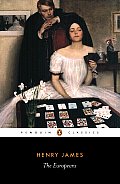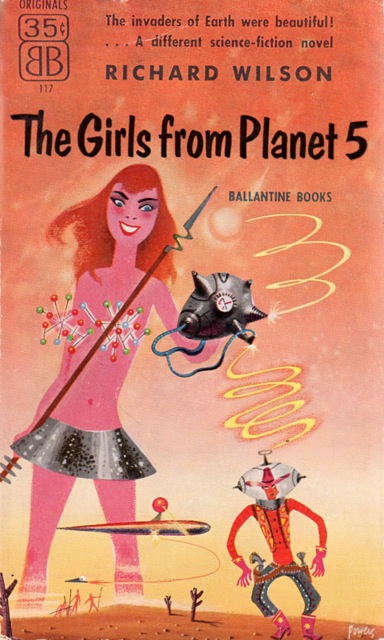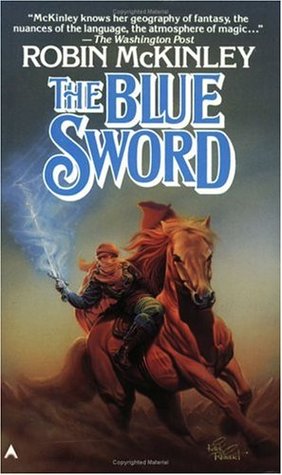"It was in the middle of that summer of endless rain that the first child went missing. It all started on a Tuesday, an odd sort of day that could have passed like any other, but ended up being one that profoundly changed the lives of a number of people."
Title: Unwanted by Kristina Ohlsson
Genre: Mystery/Suspense
Length: 353 pages
The Peril: It starts with a child's abduction from a Stockholm train. At first, the police suspect the girl's father. But when the little girl ends up dead, with the word 'Unwanted' written on her forehead, Inspector Alex Recht and police officer Fredrika Bergman soon realize they're hunting for a manipulative and ruthless murderer instead.
My thoughts: I loved the pacing; this novel begins on Monday, ends on Sunday, and never slows down once in between. The characters are nicely complicated, too, especially Fredrika who's new to the squad and not exactly a people person. In fact, the other members of the squad don't think she's suited for this job at all, but it's Fredrika who spots connections in this case that the others don't. I liked her a lot. I also liked the mystery itself; it's compelling and unpredictable--the moments with the murderer are especially chilling, but not graphic or explicit, which I really appreciated. The subject matter is a little dark, though. All in all, this is a great R.I.P. read (which stands for Readers Imbibing Peril). I'm hoping to read three more books with thrills and chills before the end of October. What about you? Read any good mysteries lately?
Happy Reading!









